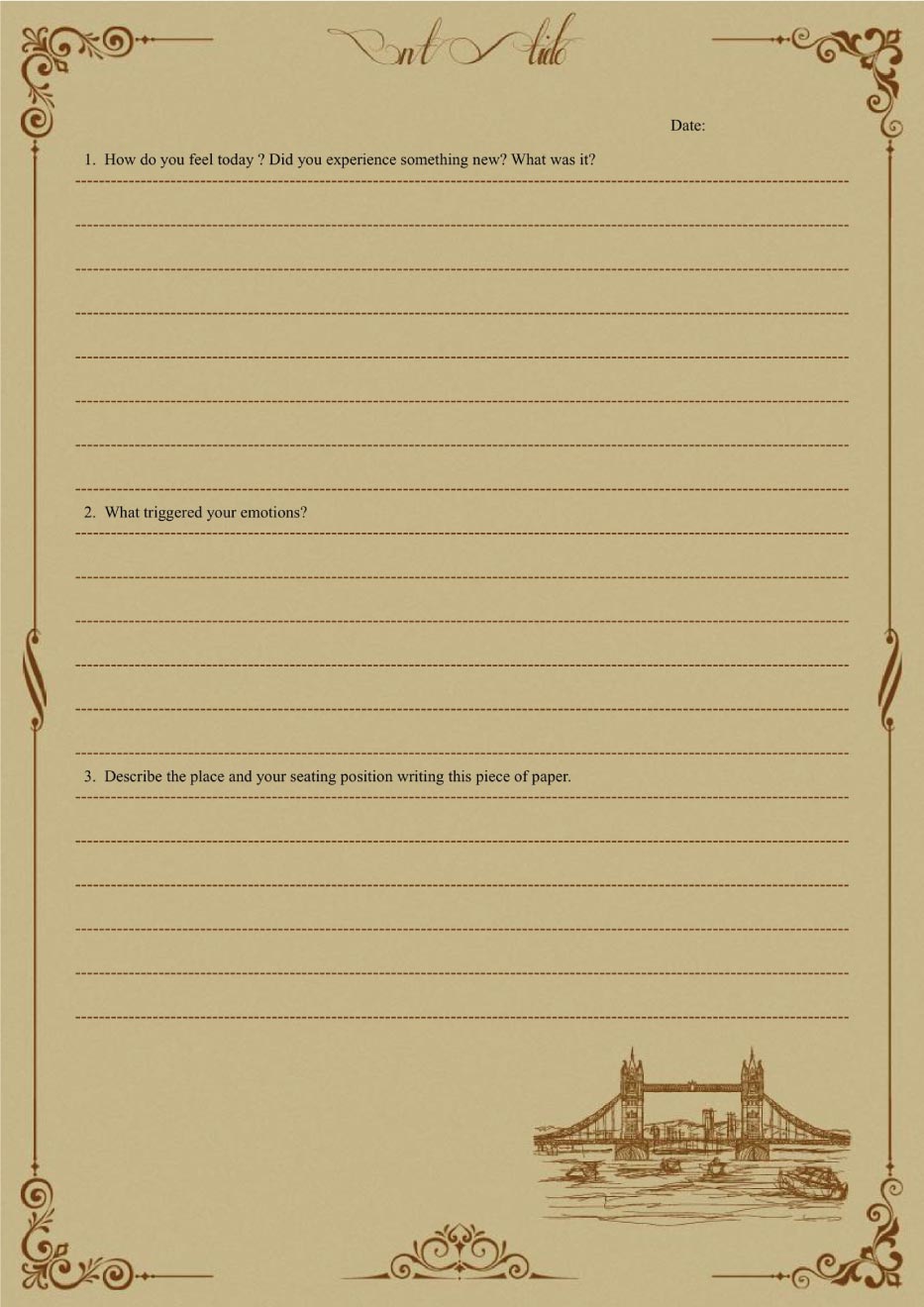Learning Diary
Being an active citizen is one of the priorities of every society. Active citizenship leads to a better, integrated and inclusive society. European Union is making big efforts to encourage and enhance youth proactive citizens. However, In 2015, 11.9% of the adult population in the European Union (EU) said they were active citizens, meaning that they had attended meetings, signed petitions, or otherwise participated in activities related to political groups, associations or parties. Still, the level of active citizens is not at a really high level.
An active citizen promotes the quality of life in a community through both political and non-political process developing a combination of knowledge, skills, values and motivation to work to make a difference in the society. To make a difference in society the active citizens should be aware of the needs, problems, and challenges of the citizens. Also, they should be self-aware of how they can contribute towards the improvement of the community. For these active citizens should be self-aware, empathetic, have vision and motivation. These are the elements of emotional intelligence. Thus Emotional Intelligence is important for active citizens.
Martin Luther King Jr displayed many of the qualities associated with what has come to be called emotional intelligence, and it was his emotional intelligence, as much as anything else, that enabled him to become such a great leader and force for good. Fortunately, Dr King is not the only example of emotionally intelligent leadership I could mention.
Elements of the emotional intelligence according to Daniel Goleman are: Self-awareness, self-regulation, social skill, empathy and motivation.[4] They defined EI as, “The ability to perceive and express emotions, to understand and use them, and to manage emotions in oneself and other people (Salovey, Bedell, Detweiler, & Mayer, 1999).” Every person at some point in life goes through each of the EL elements.
Body – main description of the tool
Self-awareness in terms of Emotional Intelligence is defined as: know one’s emotions, strengths, weaknesses, drives, values, and goals and recognise their impact on others while using gut feelings to guide decisions. The trainer and the learner have to be aware of themselves. Knowing your personality can take every person forward. But is not always so easy, to be honest, and precise within yourself. Also is not easy to accept all the challenges, thoughts and emotional triggers that one person has. However, as a trainer, you will be challenged usually by your learners but from the learning dynamics as well. Hence it is important to be aware of the process and your own improvement. This tool is aimed to make you aware of your needs, emotional triggers, and write down your learning. Choose a notebook to be your learning diary. Write down:
What did I learn today? How do I feel today? When did I feel it? What triggered my emotions? How my today learnings are contributing to my civic engagement?
Answer these questions on a daily basis.
If you are working in a group:
The tool learning diary aims to make the learner aware of the needs, emotional triggers, and new learnings. In the first session, learners will get a small notebook. The notebook should be designed by every learner individually. Ask the learners to design as many pages as the Training Course will last. Afterwards, tell them 3 questions that they have to answer every day. For example:
What did I learn today? How did I feel today? When did I feel it? What triggered my emotions? Describe your seating position writing the diary.
These questions will make the learner reflect on the day and the improvements that have achieved, but on the other hand will help the learner to become more self-aware and to find out own strengths, weaknesses, drives, values, and goals and recognize their impact on others. Being aware of the impact on the others the learner will create a vision of how can use his/her EL to become a leader or active citizen. At the end of the TC or learning process ask the learners to read the diary and give them the option to choose if they would like to discuss it in pairs.
Why did I choose this tool?
I chose this tool because it helps a trainer or a learner to evaluate and reflect on themselves. This tool is developed through non-formal education. Exploration of the new learning moment, discovering self-emotions on a daily basis will increase learner’s analytical capacities. Practising this learning diary will enable the learner to see the bigger socio-political picture. Also, learners will develop their critical thinking through this tool.
Reflection questions
Do your learning process is influencing the civic engagement in your society?
Do you have civic engagement dimension in your work and daily life?
Exercise:
The exercise is described in detail. Just follow the description, and make your own questions. It will be perfect if you can do a small “experiment” and take a note of how you feel before keeping a learning diary and after. So you will have a clear visual picture of your learning process.
“I am still learning” – Michelangelo
“Intelligence plus character – that is true goal of education” – Martin Luther King Jr
“If your actions inspire others to dream more, learn more, do more, and become more, you are a leader”- John Quincy Adams





